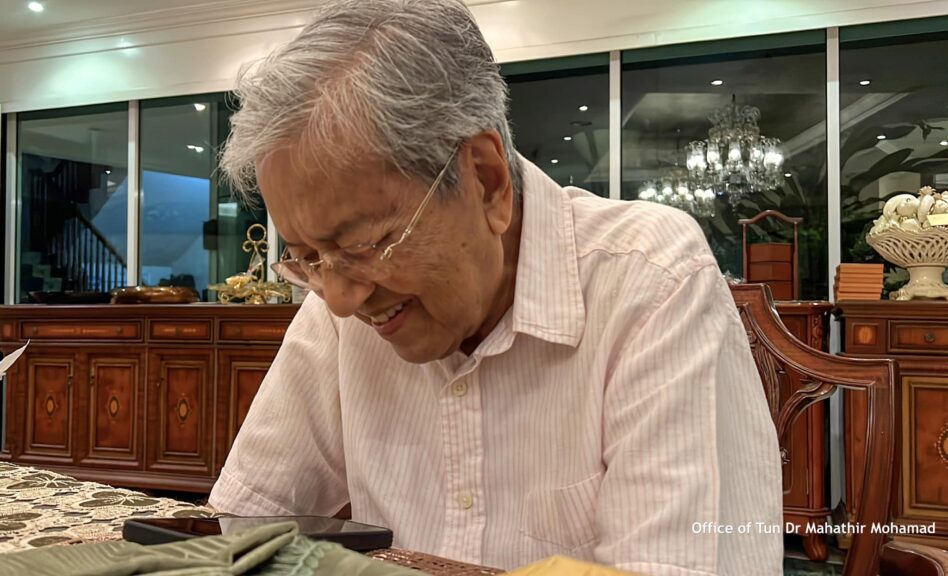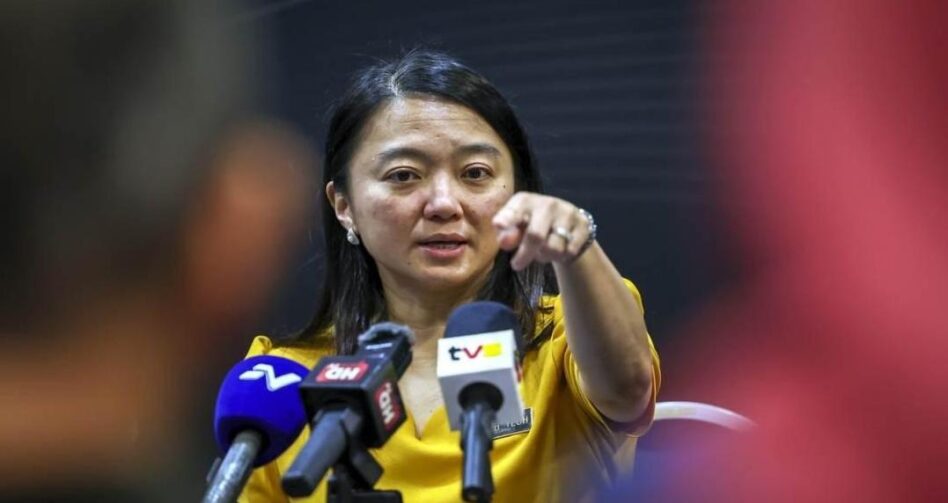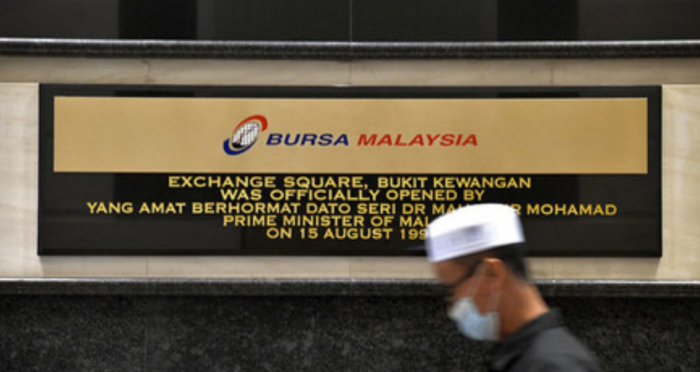BOTH the Malaysian Government and the public should not just rely on the vaccine to solve the country’s economical problems, they should also be taking advantage on current trends to restart the economy.
Such efforts could include digitalising businesses, building private provision of public health goods (testing, tracing and isolating), all while focusing on supporting the small and medium enterprises (SMEs), which are the majority of employers in the Asean region.
This was suggested by independent health policies specialist Dr. Khor Swee Kheng.
“Doing all that will help strengthen the resilience of the society, the economy and the health system,” he said during a webinar session on Apr 7.
The webinar, entitled ‘Asean Healthcare Webinar: COVID-19 Vaccine rollout and the recovery of the ASEAN economy’, was hosted by CARI Asean Research and Advocacy in partnership with Asean BAC Malaysia. It aimed to discuss the issues faced by policy challenges before, during and after the COVID-19 pandemic.
Minister of Science, Technology and Innovation Khairy Jamaluddin, who was also participated in the webinar, noted that successful immunisation programmes in several Asean countries have led to a speedy recovery of the economy.
The Philippines projects a growth range of 6.5% to 7.5% in 2021, as the economy reopens further and vaccinations begin. In Indonesia, sectors with high overseas demand have partially recovered due to a rebound in commodity prices and expect gross domestic product (GDP) to grow between 4.5% and 5.5%.
Singapore expects its forecast of GDP growth of 4% to 6% for 2021 and has urged businesses to have meetings in the country’s COVID-19-free bubbles as part of its effort in re-opening travel into the country.
“In Malaysia, after successful completion phase one and two, priority will then be given to targeted economic sectors. These economic frontliners by definition are those that are involved in essential industries and are front-facing other individuals through the course of their daily tasks.
“This would include the manufacturing, aviation, logistic, oil and gas, transportation, maritime, tourism and service sectors,” the minister explained.
About the digital health certificate or passport, Khairy said that Malaysia, through Malaysia Airlines, has begun discussing with the International Air Transport Association (IATA) to allow our vaccination certificate that is currently pushed through the MySejahtera app to be accepted internationally.
However, a recovery journey is nothing without setbacks. For the Asean region in particular, there have been some challenges in terms of vaccine supply, confidence and variant strategy.
To manage vaccine supplies, Khor said that continuous procurement is crucial, with ÅSEAN pooled procurement and regional manufacturing being beneficial to keeping the cost low and the supply constant.
In terms of building public confidence in vaccination programmes, the public needs to be educated with reliable information and to stem out fake news. The management of adverse event reporting is also critical, and the media must report accurately and responsibly.
Additionally, the Government needs to come up with effective vaccination strategies to manage the inevitable virus variants. Efforts should be focused on ensuring maximum suppression of the spread of the virus, building adequate genomic surveillance capabilities and vaccinating as quickly as possible to reduce the risk of the virus evolving.
Meanwhile, CARI chairman Dr Munir Majib hopes that the Government could develop self-testing equipment to be made available to individual citizens, fast forwarding the process of opening up economies.
“We have been talking about regulatory harmonisation in ASEAN for the longest time. Now, in response to the COVID-19 pandemic, harmonisation in respect of accepted vaccine passports and virus test results is critical for the opening up of economies and movement of people,” he commented.
“If the roll-out goes smoothly it will be regarded as something to be expected. If it goes wrong, from unfulfilled supplies, globally uneven distribution and unfair administering of the jabs, all hell will break loose.” – April 10, 2021










